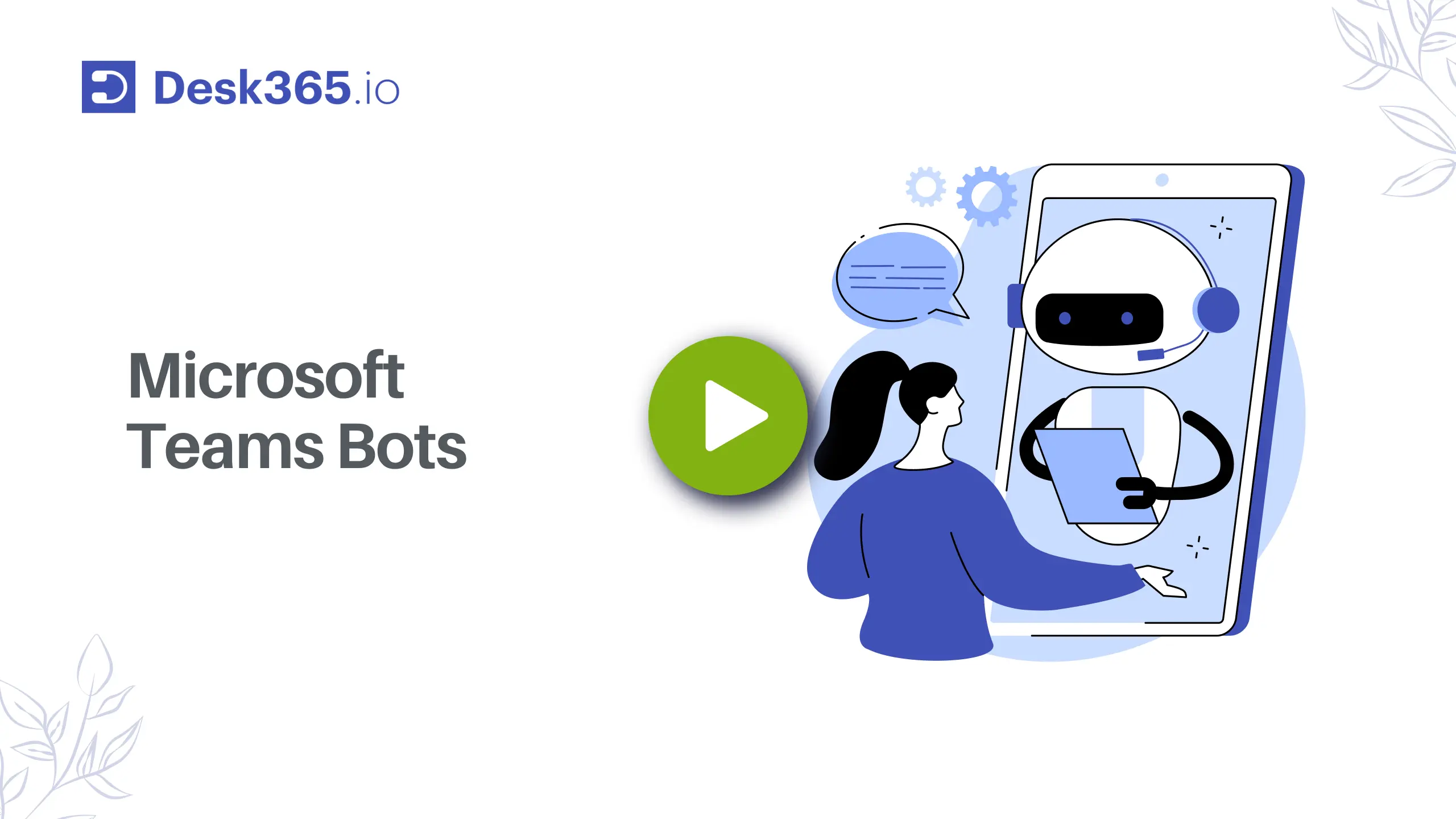Running customer support is easy when you’re small. You have a few calls a day, maybe a shared inbox, and everyone knows how to answer every question. But as your business starts growing, more customers, more channels, more demands, and things change fast. Suddenly, the phone rings non-stop, customers expect 24/7 responses, and your team falls constantly behind.
That’s when many companies start looking for help, and often, the answer comes in the form of a BPO call center.
What is a BPO call center?
BPO stands for Business Process Outsourcing. In simple terms, it’s when a company hires an external partner to handle certain parts of its operations, from HR to payroll to, in this case, customer service.
A BPO call center specifically handles inbound and outbound customer interactions on behalf of another business. These agents might be based locally or overseas, but their role is the same: to answer customer calls, resolve issues, make follow-ups, or run outreach campaigns efficiently and professionally.
Think of it as an extension of your support team, just operating outside your physical office.
Why companies turn to BPOs?
Imagine this scenario: you’re running a small e-commerce business. Orders are rolling in. Customers are texting, calling, and emailing. Some need returns, some have complaints, and some want cancellations. Your team is at its limit.
One night, at 11 pm, a customer calls about a payment issue. Your support person is off duty. They get frustrated. You lose a sale.
That’s when you think: “Maybe there’s a better way to handle this scale without hiring 24/7 staff in-house.”
Here, enter: BPO call centers.
BPO call centers can provide the structure and scalability that in-house teams struggle to maintain. They’re equipped with trained agents, established processes, and the technology required to handle large volumes of calls and messages efficiently.
The e-commerce brand, for example, might partner with a BPO to handle order tracking and returns during busy seasons. A logistics company might outsource its dispatch calls to ensure customers can reach someone at any hour. In other cases, companies use BPOs to conduct outbound activities like surveys, lead generation, or follow-up calls to re-engage customers.
In short, a BPO call center becomes your team’s safety net covering time zones, peak hours, and unexpected surges in call volume.
Inside the BPO contact center work experience
If you look through Reddit threads like r/talesfromcallcenters or r/callcentres, you’ll find an honest window into what happens behind the scenes. Many agents share stories about juggling hundreds of calls a day, adjusting to multiple client accounts, and managing demanding SLAs. Some describe the pace as exhausting, while others find pride in solving problems for global customers.
One Reddit user mentioned handling nearly 450 calls a day, with strict targets requiring them to stay on the phone for at least 34 minutes every hour throughout their shift. Another commented that while working in a BPO gave them exposure to diverse industries, the high turnover and rushed training could make it challenging to consistently deliver a high-quality customer experience.
“I’m averaging 450 calls a day and we are expected to meet 34 minutes on the phone every hour for 8 hours a day.”
“I’ve seen from dropping in training, 1 day, 1 week, 1 month … You’re looking at about a 90% drop off at that point then 3 months 95% …”
These stories reflect a broader truth: while BPOs offer scalability and cost savings, the quality of service depends heavily on training, process alignment, and how well the outsourcing partner integrates with your brand’s tone and values.
The pros and cons of outsourcing BPO call center services
✅ Pros
- ✔ 24/7 global customer coverage
- ✔ Scales fast without expanding your team
- ✔ Cuts costs while boosting efficiency
- ✔ Comes with ready-made systems & trained agents
❌ Cons
- ✖ Less control over customer experience
- ✖ Language and cultural gaps can impact tone
- ✖ Limited visibility into customer insights
- ✖ More coordination is needed across teams
There’s no denying the upside of outsourcing customer calls. Businesses gain access to 24/7 support, can handle higher call volumes, and reduce labor costs without needing to expand their in-house team. BPOs also bring process maturity; they already have infrastructure, telephony systems, and performance tracking in place.
However, there are tradeoffs. A common concern raised by business owners is loss of control. When another company represents your brand, you depend on their agents to maintain your standards. If onboarding is rushed or documentation is unclear, customer experience can suffer.
Communication challenges can also arise, especially if your customer base is primarily English-speaking and the BPO operates from a region where English is a second language. Even small nuances in phrasing can affect how “authentic” your support sounds to customers.
There’s also the issue of data visibility. When customer conversations happen in a separate system, it’s easy for insights to stay siloed. Businesses lose track of why customers are calling, what common pain points exist, or how service performance trends over time.
So while BPOs can take pressure off your team, they also introduce new layers of coordination and oversight.
The modern shift
In recent years, the conversation has shifted from outsourcing customer service to orchestrating it. Businesses no longer want to “hand off” customer experience entirely, they want to extend it intelligently.
That means combining human support, automation, and visibility tools to make sure every customer interaction, whether handled by your internal team or a BPO, feels consistent and on-brand.
AI-driven voice assistants and chatbots now handle repetitive or low-value tasks like FAQs, order status updates, or account verification, while human agents (in-house or outsourced) focus on complex, empathy-driven cases. This hybrid approach offers the scalability of BPO with the control and personalization that modern customers expect.
How Desk365 helps you get the best of both worlds?
Whether you’re working with an outsourced team or managing support fully in-house, Desk365 ensures that your customer interactions stay unified, trackable, and on-brand.
It provides a central hub where all your customer communications — emails, chats, calls, and support portal tickets come together. You can assign tickets automatically based on topic or priority, share internal notes with BPO agents, and monitor real-time metrics like response times and SLA performance.
With Desk365’s automations, you can make sure BPO agents only handle specific categories of tickets — say, after-hours inquiries or password resets — while your internal team manages escalations or VIP accounts. Its knowledge base makes it easy to share guides and responses so that every agent, internal or external, follows the same playbook.
Most importantly, Desk365 gives you transparency. You’ll always know how your outsourced team is performing, what customers are asking, and where you can improve.
In essence, you keep control, while your BPO gains the structure it needs to deliver faster, more consistent service.
A BPO call center can be a lifeline for growing businesses struggling to keep up with customer demand. But outsourcing isn’t about replacing your team; it’s about extending your capabilities smartly.
With the best helpdesk software and tools, you can enjoy the flexibility of BPO support without losing visibility, consistency, or customer trust.
And that’s where Desk365 makes all the difference, helping you streamline collaboration, automate repetitive work, and keep every customer experience aligned with your brand, no matter who picks up the call.







